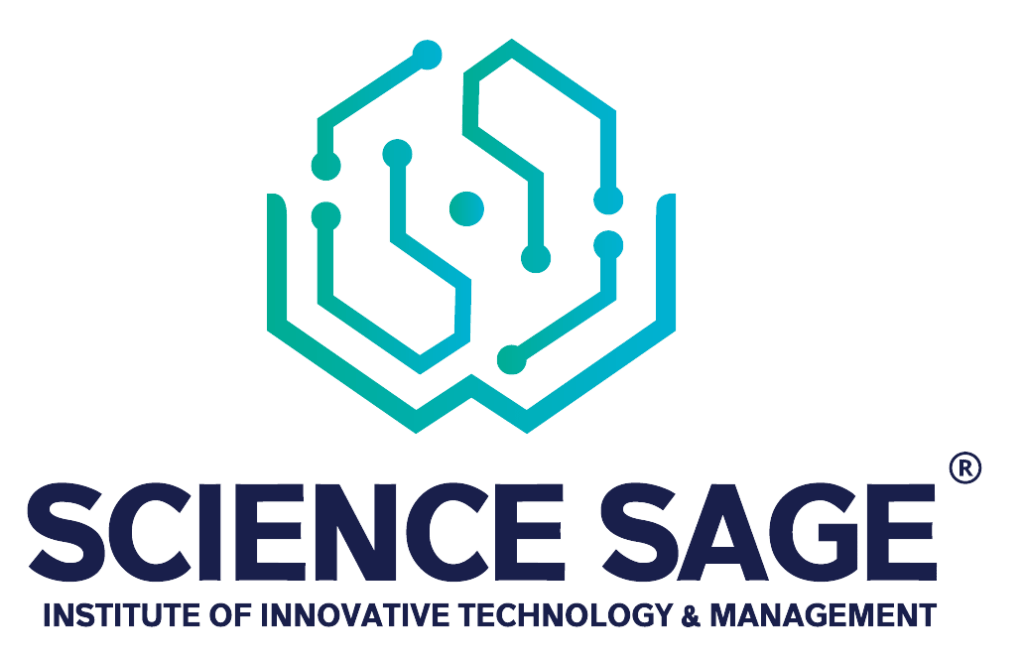- Prerequisites
- Higher Secondary Passed
- Course Duration
- 2 Years
The Diploma in Cardiac Perfusion Technology is a specialized program designed to train healthcare professionals in the field of cardiac perfusion, which involves operating the heart-lung machine during cardiac surgery and other procedures requiring cardiopulmonary bypass. This diploma equips students with the necessary knowledge and skills to work as cardiac perfusionists, assisting cardiac surgeons in maintaining the circulatory and respiratory functions of patients during surgery. Below is a detailed description of the program:

Course Overview
- Duration: The Diploma in Cardiac Perfusion Technology program typically spans one to two years, depending on the curriculum and institution offering the program.
- Curriculum: The curriculum covers a wide range of subjects related to cardiac anatomy and physiology, cardiopulmonary bypass techniques, extracorporeal circulation management, equipment operation and maintenance, pharmacology, patient monitoring, and intraoperative support. Courses may include cardiac anatomy and physiology, principles of cardiopulmonary bypass, blood conservation techniques, hematology, pharmacology for perfusionists, patient assessment, infection control, and professional ethics.
- Clinical Training: Clinical training is a crucial component of the program, allowing students to gain hands-on experience in cardiac surgery settings. Under the supervision of experienced cardiac perfusionists and cardiovascular surgeons, students learn to set up and operate the heart-lung machine, monitor patients’ vital signs during surgery, manage cardiopulmonary bypass parameters, administer medications, and troubleshoot equipment issues.
- Laboratory Skills: Students learn laboratory techniques used in cardiac perfusion, including blood gas analysis, coagulation studies, electrolyte monitoring, and blood product management. They also acquire skills in equipment calibration, circuit priming, aseptic techniques, and sterile field management for ensuring the safety and effectiveness of cardiopulmonary bypass procedures.
- Interdisciplinary Collaboration: Emphasis is placed on interdisciplinary collaboration and communication skills, as cardiac perfusionists work closely with cardiovascular surgeons, anesthesiologists, nurses, and other members of the surgical team to ensure optimal patient outcomes during cardiac surgery and related procedures.

Course Structure
- Core Subjects:
– Cardiac Anatomy and Physiology
– Principles of Cardiopulmonary Bypass
– Extracorporeal Circulation Management
– Perfusion Equipment Operation and Maintenance
– Pharmacology for Perfusionists
– Patient Monitoring and Assessment
– Intraoperative Support Techniques
– Blood Conservation Strategies
– Infection Control Practices
– Professional Ethics and Legal Issues - Clinical Practicum:
– Rotations in Cardiac Surgery Units
– Observation and Participation in Cardiopulmonary Bypass Procedures
– Hands-on Training in Equipment Setup and Operation
– Patient Monitoring and Management during Surgery
– Participation in Perfusion-related Research or Quality Improvement Projects - Laboratory Skills Training:
– Blood Gas Analysis and Interpretation
– Coagulation Studies and Hemostasis Management
– Electrolyte Monitoring and Fluid Balance Management
– Blood Product Administration and Transfusion Practices
– Equipment Calibration and Quality Control Procedures - Simulation Exercises:
– Simulation-based Training in Cardiopulmonary Bypass Techniques
– Scenario-based Simulations for Emergency Situations
– Team-based Training for Interdisciplinary Collaboration
– Skill Drills for Equipment Setup, Troubleshooting, and Sterile Techniques

Key Skills Developed
- Technical Proficiency: Mastery of cardiopulmonary bypass techniques, equipment operation, and perfusion-related procedures to ensure the safe and effective management of patients undergoing cardiac surgery.
- Critical Thinking: Ability to analyze complex physiological data, anticipate potential complications, and make informed decisions in high-pressure situations during cardiac procedures.
- Communication and Collaboration: Effective communication with members of the surgical team, including surgeons, anesthesiologists, nurses, and technicians, to coordinate patient care and optimize surgical outcomes.
- Attention to Detail: Diligence in monitoring patients’ vital signs, perfusion parameters, and equipment functions to detect deviations from normal and intervene promptly to maintain hemodynamic stability.
- Problem-Solving Skills: Aptitude for troubleshooting equipment malfunctions, resolving technical issues, and implementing corrective measures to ensure the continuity of cardiopulmonary support during surgery.
- Professionalism and Ethics: Adherence to ethical standards, patient confidentiality, and professional conduct in the practice of cardiac perfusion, maintaining the trust and confidence of patients, families, and healthcare colleagues.

Career Opportunities
- Cardiac Perfusionist: Graduates of the diploma program can work as cardiac perfusionists in hospitals, cardiac surgery centers, and specialty clinics, providing perfusion services during open-heart surgery, heart transplantation, ventricular assist device implantation, and other cardiothoracic procedures.
- Surgical Technologist: Some graduates may choose to pursue careers as surgical technologists specializing in cardiac surgery, assisting cardiovascular surgeons in the operating room by setting up equipment, preparing patients, and providing intraoperative support during cardiac procedures.
- Clinical Educator: Experienced cardiac perfusionists may transition into roles as clinical educators or instructors, providing training and continuing education to perfusion students, surgical teams, and healthcare professionals in cardiac surgery settings.
- Perfusion Department Manager: Perfusionists with leadership skills and experience may advance into managerial or supervisory roles within perfusion departments, overseeing perfusion services, managing personnel, and ensuring compliance with regulatory standards and quality assurance measures.
The Diploma in Cardiac Perfusion Technology prepares healthcare professionals to play a vital role in supporting cardiac surgery teams, ensuring the safety and well-being of patients undergoing complex cardiac procedures requiring cardiopulmonary bypass.
